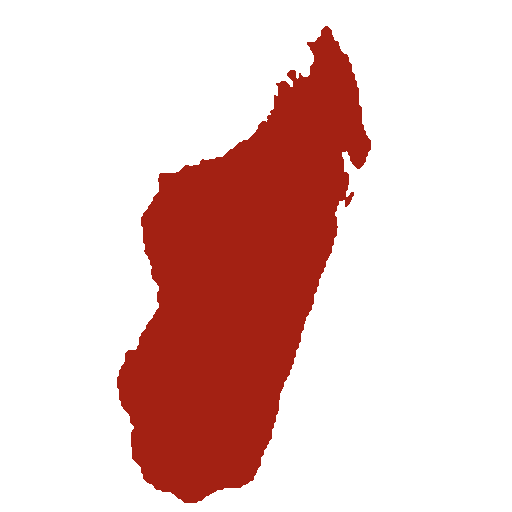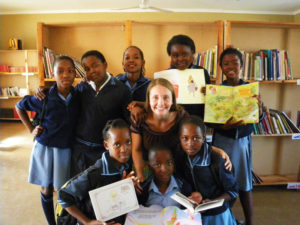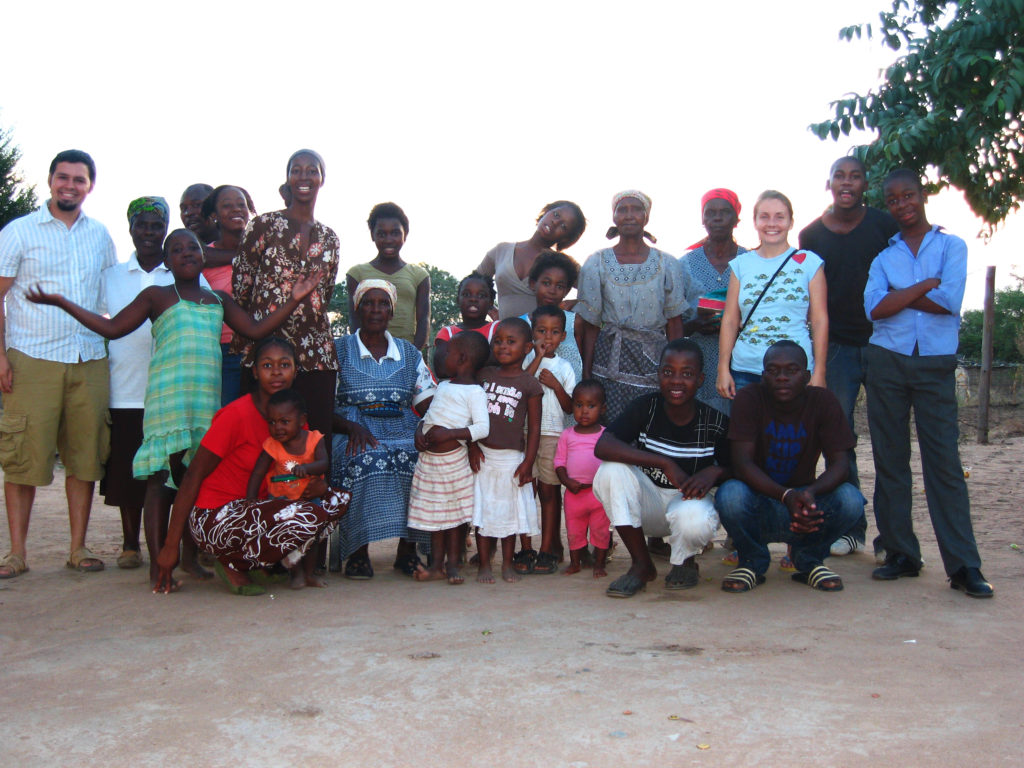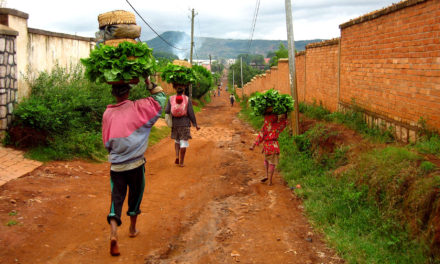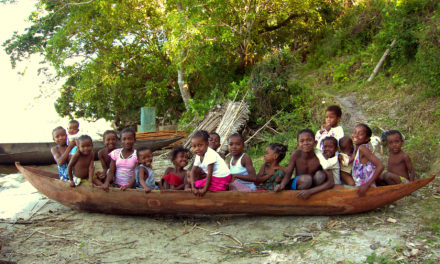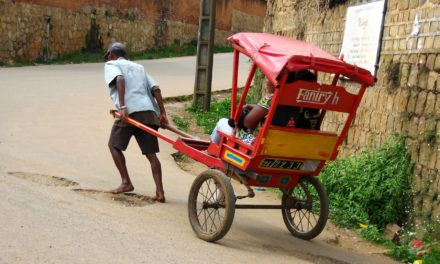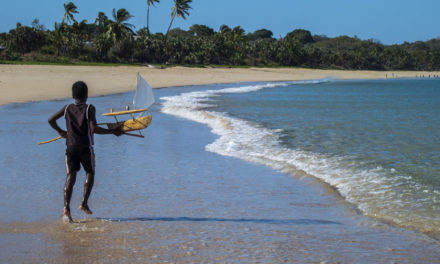Our time is up. We extended a couple of months, but those are finished now too. After nearly two and a half years here in South Africa, it’s time to call it quits and head back home to America. We’ll be there to see all of you (or at least most of you) any day now.
But we’re not coming back with all of us. There’s quite a lot we’re leaving behind. We don’t have a choice really. In order to be successful, like we have, in order to enjoy our last 2+ years, which we have immensely, we’ve had to make this place our home, to sink in and set roots here. And it is our home now, but it won’t be, not really, for much longer.
We’re very happy to be coming back soon, to see all of you, to see the home we’ve left behind, and to fall back in to an environment and culture that we know intrinsically, without challenge and without question. But it’s coming at a big price to us. A loss even. There’s a lot we’re leaving behind. And we’ll never be coming back here, not to live, only to visit at best.
There’s so much we’re going to miss about this place. We’ve tried for a long time now to tell people that we’re going to miss them, and how much, but there’s no direct translation. Maybe that’s true for any language. Most people here have just been telling us “swa vava” – “it hurts.” Certainly that’s true. Recently a couple of our teacher friends told us that the best translation is “ku tsundzuka”, which generally means “to remember.” I suppose if there wasn’t so much to remember, there wouldn’t be so much to hurt either? So, in Shangaan anyway, that’s what it means for us to miss this place.
We’re going to miss, above and beyond everything, the people here. They’re at the heart of everything we’ve experienced and everything we’ve done in our time here. There are far too many to name, and they include both of our incredible principals, all of the teachers and other school staff we’ve worked with, everyone in our host family, and all our neighbors; they’ve all befriended us and taught us so much. We’re going to miss our wonderful network of friends and “family” in Pretoria, who’ve been so gracious and generous to us through the years. We’re going to miss our fellow Peace Corps Volunteers, who’ve shared so much of this with us.
We’re going to miss the kids in our Art Club and Book Club and the Library Helpers; they’re really special kids. We’re going to miss the kids who come to our house every day and the kids who only show up once in a blue moon, the kids who are always polite and even the kids who closely inspect everything through our windows and ask for everything they see. They’re all an important part of our daily lives. We’re going to miss the people we walk or ride our bikes past on our way to and from work, the taxi drivers and fellow passengers when on longer journeys, and so many random people even the first time we meet them.
We’re going to miss the culture. That’s not an easy statement; there are so many things about life and culture here that we still don’t understand. But culture has been a part of our whole lives here, like the air we breathe, so that even if we don’t know its constituent parts, we know it’s there, it gives a certain flavor to the day, a flavor that’s part of our lives now. So that even those aspects we don’t yet understand, we’ll still miss. Even if we can’t place a finger on that particular thing that we wish was still with us back in the States, we’ll know something’s missing. The people are incredible. It can take some time to get to know them for who they are, but when you do you can’t forget. If it weren’t for the people, nothing else about this time would’ve mattered at all. Some teachers are already talking about visiting us in the States or later when we’re in Madagascar. Though that’s a slim chance for most of them, we may be lucky enough to welcome some of them. We hope. And for others, I’ve been anxiously pushing them to get on the internet, get an e-mail address, and find a way to stay in touch. Some have been asking about how to call us while we’re in the US, no matter the cost. We’ve become a part of their family and they’ve become a part of ours; that’s something time and distance won’t change.
But what we do know of the culture, we also know we’ll miss. The proximity of people, whether squeezing onto every inch of space on a bench at home or chairs at church, crowding each other in a line, or cramming more people into less space on a taxi than you’d think was possible – we’re always rubbing shoulders with everyone around us. Life back home may now seem like more of a cold distance to us. Here, there are people around you and they can’t be denied. It’s a loud and vibrant life.
We’ll miss the mchongolo dances in our village, even as few and far-apart as they were, they were always such happy times. We’ll even miss the frequent funerals, that a time of sadness can be such an occasion for people, for the whole village, to be happy in each other’s company and in the food to be shared. We won’t miss how early we have to wake up to get to the funerals on time; some things never change. 😉 We’ll miss our church here, that adopted us, was proud to have us, and always made us aware of their welcoming.
We’re going to miss the way everyone’s a part of everyone else’s family. I’ll miss being “father” and “brother” and Lora’s going to miss being “mother” and “sister” to everyone who greets us. Maybe we won’t miss the occasional feeling that someone’s trying to take too much advantage of our generosity, but who will even believe in personal generosity back home? What neighbor or friend will ask us for anything? People here don’t just take, they give too. So much more is shared.
We’re going to miss the work. It’s much different here than it is in the States, much different. It goes at a different pace, one that’s intensely frustrating when we first arrived, and one in which two years isn’t nearly long enough, but a pace that seems to fit the human spirit a little more snugly. It’s not so frenzied, not so self-aware, and not so likely to take the people managing it captive to its own passing. Time passes, people work, and life goes on.
Our work has had an incredible array of challenges too. Even when we think we’ve well-guessed the problems we’ll face, even then a few new ones always pop up to surprise us. But sometimes, rarely, we have correctly predicted the obstacles we’ll encounter, even the ones that still seem so bizarrely ridiculous to us, but there they are just like we expected, and our plan for overcoming them went like clockwork. That’s so satisfying. The work almost never becomes tedious. In some ways, work back in America’s too easy, in other ways it takes too much out of us. Our work seems to have been very well balanced here, and very rewarding, and we’ll miss it.
You know, we’re basically rock-stars here. Everyone knows us, including tons of people we ourselves don’t even know; everyone’s happy we’re here and basically everything we do is appreciated. This whole “celebrity status” was a burden at first, I suppose it’s still a burden in some ways, but we’re used to it now. Back home we’re mostly nobodies. I mean, yeah, we’re somebody special to most of you, but in the larger community, the larger sphere of our influence, well, we don’t have much influence. We’re normal just like everyone else. So with both its burdens and its privileges, we’ll miss a bit of our celebrity status here.
And we’re going to miss the environment. There’s not too many cars going by, almost never do you hear the sounds of heavy machinery or honking of horns. There are roosters crowing in the morning, and throughout the day. (Though I can’t say I’ll miss at all the “free-range” chickens that roam straight into our yard every day and scratch up my garden. Nothing to miss there, good riddance to them!) There are goats roaming the village, and herds of cattle moving through, usually in the early morning or early evening hours, tinkling their cowbells pleasantly.
We’re going to miss the bugs and creepy-crawlies, at least some of them. Others, like the “stupid bugs” that seem to have no sense of direction (and thus crash into people all the time) won’t be missed at all. But the ones that are big and strange, brightly-colored, or observably funny in their behavior (that don’t interfere too much with my own personal space), we’re going to miss those. Each summer brings a new discovery, or several, for us, some bizarre or mutated creature that we simply won’t find in the US. And we’ll miss the “marshmallow frogs”, some obscenely fat and stubby-legged guys that waddle instead of hop. They come out after the rain and try to help clean up the less-satisfying bugs that plague us throughout the summer. They first appeared a few nights ago, to wish us goodbye. We’ll miss them.
We’ll miss our proximity to Kruger, and to all the crazy wildlife there. During our two years, we’ve had the chance to see, up close and personal, some incredible stuff that you’d think only exists on nature documentaries. We’ve seen some of the largest animals still on earth, have watched them do their thing, mostly oblivious to us. It feels like Jurassic Park, but with no fence in-between. We’ve even had a few close calls, some very scary situations (scary to us at least), and one time a giant baboon even jumped in our car grabbing for whatever he could take while Lora and another Peace Corps friend were screaming wildly, trying to get away. We’re going to miss Kruger for sure.
Even the plants, the “bush”, so different than everything back home. At least to me, the native plant life is so much a part of the overall environment, whether it encroaches directly up to your home or you only see it when going outside the city, it’s a part of the feeling of the place. And it’s so different here. In the early summer, there’s usually so many beautifully-blooming trees, very vibrant and welcoming. There’s so much indigenous fruit, most of it not as pleasant as the commercially-grown stuff, but still a part of the place. During most of the year, all the plants’ seeds are thorny and tend to stick and scratch all over a person. They’re very hardy and spread and grow exactly where you don’t want them. I can’t say I’ll directly miss that. But it’s all a part of the place here, part of the entire environment. And we will miss it. It will take time to get used to the environment back home again.
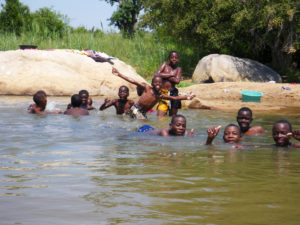 In some sense, we’ll even miss the seasons. The weather here in winter is nearly perfect, almost never too cold and never too hot. On the other hand, we’re leaving just in time to avoid several more months of long, drawn-out, blistering heat. You can’t really miss that, not when there’s absolutely no climate-control anywhere you go. But as we avoid the heat, we’ll also miss the heavy summer storms, the clashes of lightning. The way the rains pound on our tin roof, making a ruckus unlike anything else. The way it momentarily floods our yard and is directed to my garden by a series of ditches, where it can collect and sink in. In a way, we’ll miss how much our lives are dependent on the weather; it makes us so much more a part of this place. We’ll miss going to the river on hot summer Saturdays, to wash clothes and swim with the kids in our host family, trying to beat the heat and simply enjoy ourselves.
In some sense, we’ll even miss the seasons. The weather here in winter is nearly perfect, almost never too cold and never too hot. On the other hand, we’re leaving just in time to avoid several more months of long, drawn-out, blistering heat. You can’t really miss that, not when there’s absolutely no climate-control anywhere you go. But as we avoid the heat, we’ll also miss the heavy summer storms, the clashes of lightning. The way the rains pound on our tin roof, making a ruckus unlike anything else. The way it momentarily floods our yard and is directed to my garden by a series of ditches, where it can collect and sink in. In a way, we’ll miss how much our lives are dependent on the weather; it makes us so much more a part of this place. We’ll miss going to the river on hot summer Saturdays, to wash clothes and swim with the kids in our host family, trying to beat the heat and simply enjoy ourselves.
And we’ll miss our home here. It’s small, it doesn’t keep out the hot or the cold, it’s always dirty from dead bugs or the ever-present dust. But it’s our home now. Or it was. We had everything set up the way we wanted it, to make use of all the available space. We had our little routines. We had a few decorations on the walls. I’ve done some landscaping during our time here, making a food garden, and more recently a decorative garden around our house. We even recently received a clean water supply pipe right in our own yard and my gardening has been going wonderfully ever since, our mango trees are going to have a great harvest this year.
We’ll miss our pet cat, “Rat”. We only have one left, now that our other, “Cat”, disappeared about a month ago. I guess she just couldn’t stand the good-byes; she was always pretty emotionally dependant. Thankfully, the two new Peace Corps Volunteers replacing us here are taking Rat as their own pet. They’re taking over our work too, that which needed some extra help or which we had to leave unfinished. And they’ll have the chance to expand into areas we only hoped for, and build on their own skills and talents in ways that Lora and I couldn’t. We’re glad that they’re coming as we’re going, and thankful for the couple of months we had to get to know them. We’ll miss them too.
But that’s it for us. Our time is finished, and all that’s left is “ku tsundzuka”, to remember, to miss, “swa vava”, it hurts. The people the most; there are so many wonderful people here. We hope to see many of them again, on our way to and from Madagascar, but we’ll never have a chance to live with them again and share our lives so deeply.
There’s a famous quote by a person named Miriam Adeney that says, “You will never be completely at home again, because part of your heart always will be elsewhere. That is the price you pay for the richness of loving and knowing people in more than one place.”
So, if by the time you do see us, and we get the chance to spend some time together, if it happens that we don’t seem to be 100% there, or if one of us is looking off into the distance when there’s nothing really to be seen, or maybe we’re not responding quite the way we used to; well, please be patient with us. We’re now living in more than one place. We’ve left a lot behind in order to return to you. But we’re glad we have, that we’ve had so much to leave. It’s a price to pay, a burden to shoulder, but also an incredible joy. Our lives are rich.
